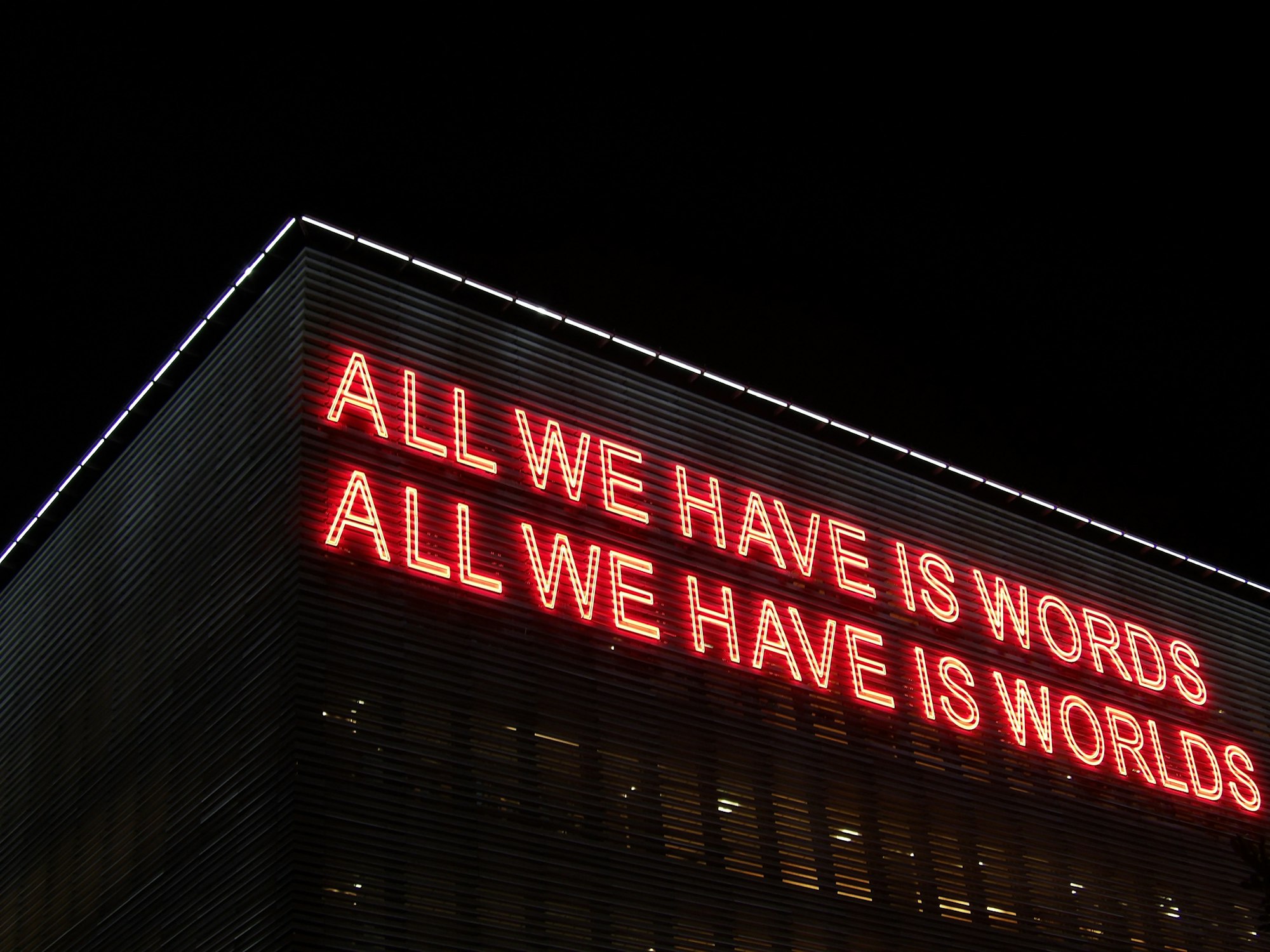Out of all the traits differentiate humans from other creatures, languages is probably the strangest. As far as modern science is concerned, there is no other creature that communicates like humans! lots of animals can communicate with each other using: body movement and noises, but there is other animal can tell his species about something that happened in the past or evoke a wisdom and stories to them. No! this is something only humans do, Forming sentences, sharing news and choosing words are all action exclusive to humans as it appears. But why do our languages differ? to answer that question we need to answer some questions first.
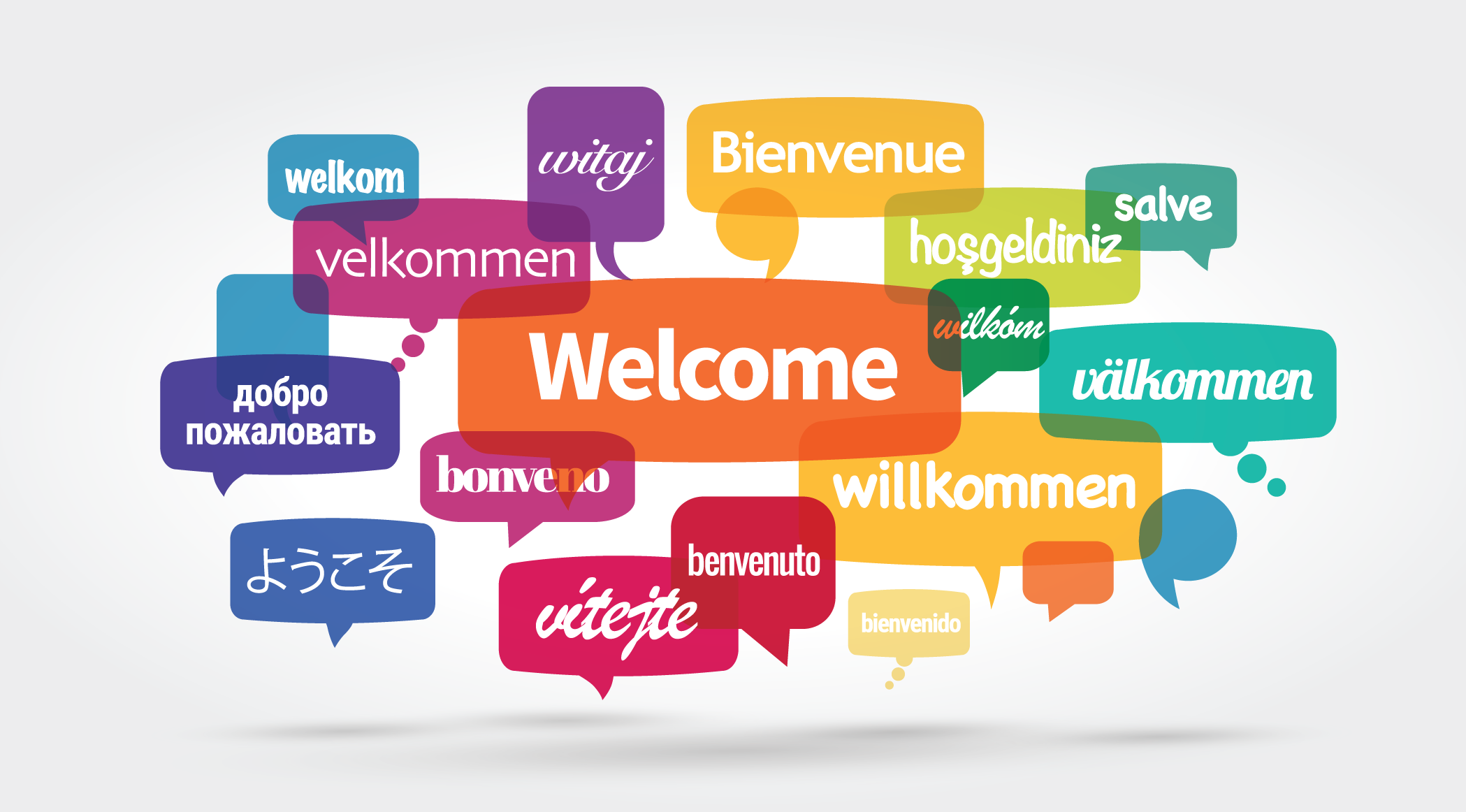
What is a language? Language is the way people speak. nouns, verbs, sentences, writing and letters, well this is a language? Not quite all these things describe a language, but they are not the language itself, not all languages have writing system like Arabic or English. But in reality writing comes in very late stage of a language life, currently there are more than 5000 languages around the world, only 200 them have reading and writing systems.
So writing and reading and all these lovely things only represent language But they are not the language itself.
And you can't just say that a language is ONLY words. You can grab an English dictionary and memorize all it contains But you can't come up with a single correct sentence if you know nothing but the words A language is words and grammar. This is the simplest definition of language you will ever see. The words give us meanings, and the grammar alters those words to form sentences.
What is the Linguistic Families? Lots of languages around the world are very similar when it comes to words and grammar, For example: Arabic and Hebrew. Words in Arabic and Hebrew and most of the languages in the middle-east use the 'root' system to derive words, This system is used in all of the languages in the middle-east It is IMPOSSIBLE for this to be a coincidence. Arabs and Jews, well they have history, they don't like to share .. stuff, All these things have been in these languages since ancient times So we don't think they 'borrowed' these ideas from each other This kind of similarity is not only in the middle-east Lots of other languages in the world are similar in words and grammar (Spanish and Portuguese, Hindi and Bengali, Turkish and Azerbaijani)
Linguists have noticed this and they started researching and comparing between the different languages and they reached a conclusion that languages have an ancestral relationship means languages are changing and moving constantlt.
First you've got a language, with time it starts to morph and diverts into several dialects, and each dialects keeps morphing, until it becomes a separate language This idea explains the amazing similarities that exist between lots of languages. The reason for the similarities between Hebrew and Arabic and the rest of their sister languages..is that they are all derived from one language that was widespread in the area. Linguists like to call it PROTO-SEMITIC!
The idea is that each language was a dialects of this extinct language, and their speakers understood each other at one point in time, The idea is that each language was a dialects of this extinct language, and their speakers understood each other at one point in time But the dialects kept changing and people couldn't understand each other anymore, meaning.. each dialects became it's own separate language! And this is the normal life cycle of a language, Language, dialects, new languages.. and so on
What we concluded:
1- Languages change over time.
2-The changes result in the creation of new dialects and languages.
3- Languages keeps some features that was inherited from mother-language And that's the reason for the similarities between many languages and why they are classified as families.
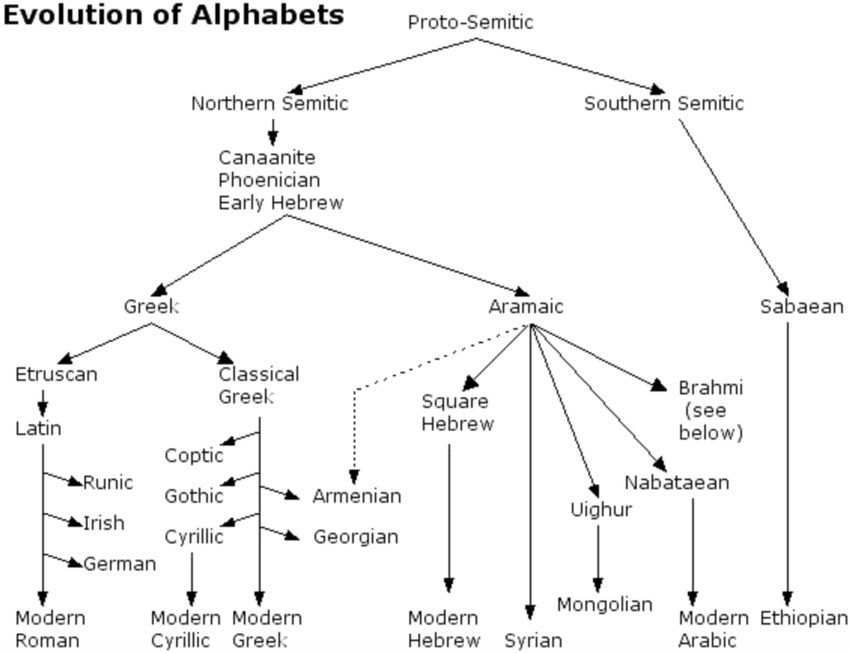
How Do Languages Change? There are lots of reasons that causes language to change, Most of them go under something called: "The Principle Of least effort". Humans are smartly lazy creatures Anything that requires them to exert any physical or mental effort, they will try to come up with tools and solutions to get rid of it and THIS is the main reason for languages change Tongues and throats are nothing but muscles moving them requires effort So humans unconsciously always try to reduce the load and work on them all the time So humans unconsciously always try to reduce the load and work on them all the time Of course everything I will mention doesn't happen overnight.
But in reality, it's a long process and takes generations for the changes to be noticeable in our tongues. So this is one of the first changes that occur in a language Sounds change and transform, resulting in new letters, Second Process: Assimilation Sometimes letters get merged into each other or assimilate into one other If you pay attention to people's speech, you will notice of words with missing letters but Assimilation often occurs only in words that are frequently used daily speech.
A question that might come to mind is: If words get assimilated and softened with time, why doesn't the language just wither away?
Yes, languages tend to simplify over time and it might change so much that all of its past characteristics change BUT! Human laziness always surprises in how it can lead to the creation of new words without us realizing it, This is the beauty of linguistics Human laziness have no boundaries and always lead to new words.
So to answer the question of why languages don't disappear, I would say it is because we always create new words.
One of humans' cute traits is that the enjoy changing the meaning of words, Give yourself enough time and the words you use will have completely different meanings, The word "language" ('Lugha' in Arabic) had it's meaning change over time, In the old days, the word "language" (in Arabic) meant dialect, So if you hear someone say "The language of Tamim" he means the Tamim dialect, If they were talking about an actual language, they would use the word 'Tongue' (e.g. The Arabic Tongue).
Every language in the world borrows words from each other and when they get to know each other (or invade each other), they exchange many things; knowledge, ideas and words. We all hear about all the Arabic words in other languages and take pride in them, But we forget that the Arabic language is just like any other language It was also influenced by other languages and borrowed some words.
Here are a bunch of words most of us (Arabs) think are Arabic:
The word 'Qalam'(pencil) is derived from the Greek word 'Kalamous' which means cane
'Furun' (Furnace) is taken from the Latin word 'Furnus' which means oven or bakery
'Sirat'(Straightway), This one is not Arabic either it's derived from the Latin word 'Strata' which means Paved Road. and by the way, the word 'Street' in English and 'Strada' in Italian and 'Estrada' in Portuguese all go back to same root.
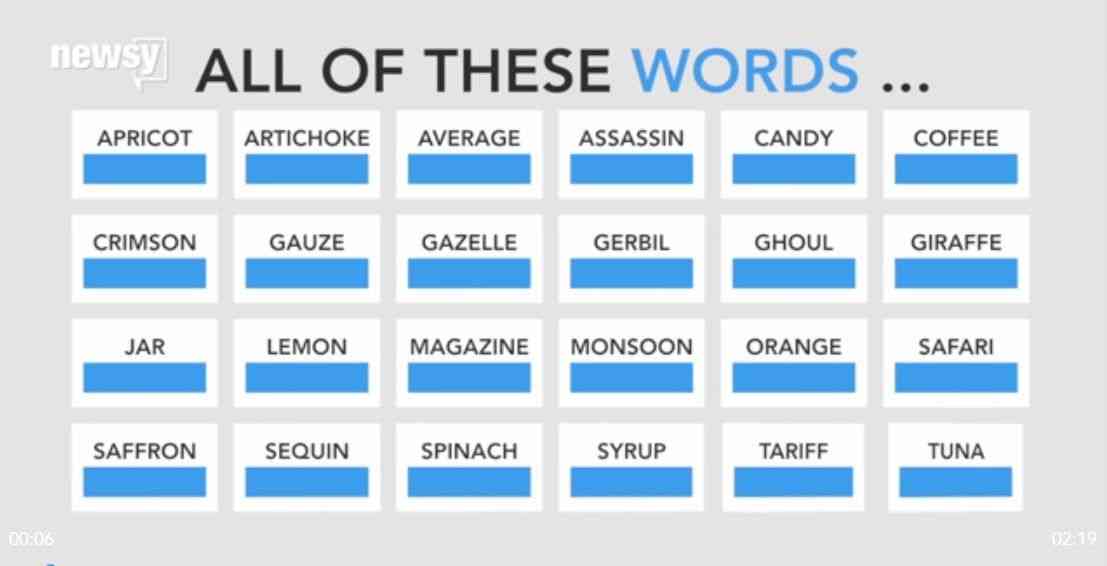
Isolation: isolation on its own doesn't change a language but it accelerates the change by a lot Typically, when people live in isolation, the effect of all the processes we talked about so far You might have noticed that each city in your country has a slightly different accent, right? This happens because normally, the people of each city only talk among themselves Especially in older times when there weren't any phones or internet or television.
As soon as a group is isolated, the changes slowly creep in and start showing in their tongues The change in language is random and unplanned so each city gets a unique changes to their accent. Of course isolation doesn't necessarily have to be geographic, it could be social!
It's not rare for certain groups of a city to have a slightly different accent than rest.
Maybe the city has different occupational groups, so the fishermen speak differently from the farmers Or maybe there are religious or ethnic or political groups and these GUYS don't like each other! So they don't interact or intermarry or talk to one another so they each get their own kind of accent. So they don't interact or intermarry or talk to one another so they each get their own kind of accent. In short, the more a group is isolated, the more their language changes.
Occasionally you will hear some say: "Ohhh, Arabic is the hardest language in the world!" ..and this is not even remotely correct. The hardest languages are those of the most isolated groups in the world (e.g Tsez). If you find a group of people who live in the mountains and haven't had a contact with the rest of the world else for decades, you can bet that their language is to complex, Their languages extremely differ from any other language that they become a nightmare to learn for anyone from the outside.
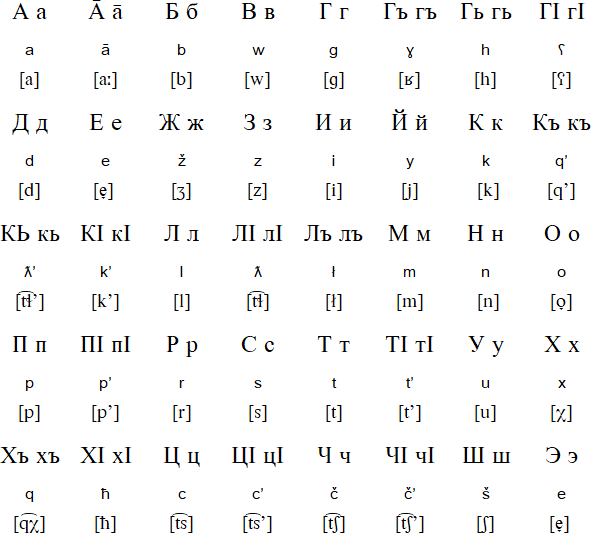
to
TLDR: All of these processes sculpt a language and change it over time.
If the change is simple, we get a dialect. If that dialect continue changing, so much so that native speakers can't comprehend it anymore, we get a new language.
How do you protect a language from changing? The processes I discussed through out the article just .. can't be prevented. Change is inevitable for every language in the world. humans will continue to minimizing their effort and abbreviate. They will meet new people and borrow and learn from them, or they might isolate themselves and form their own languages. The dialects you hear around you are well on their way into becoming a new languages.
But will this transformation finishes or not? Who knows...
This might be a very sad thing to hear. your language is beautiful, it's a shame if it disappeared.
Isn't there any way we can protect it?
There is only one thing that helps in preserving a language, reading and writing. Throughout history, languages that developed a writing system, had their grammars written down, and had people taught how read and write them, are the languages that lived. With reading and writing, people get an idea of what a language is supposed to look like. And this limits the change. But keep in mind, reading and writing only slow down the change, they don't stop it. True language is what's spoken, not what's written on paper. And tongues will keep changing, and so does the language.
If every language was to return to its original state, after some generations we will get accents, and this is unpreventable. The only languages that don't change are dead languages. The languages that have been abandoned, and have stopped being spoken. They exist, unchanged, in the books. Nothing is added or modified And nobody speaks them.
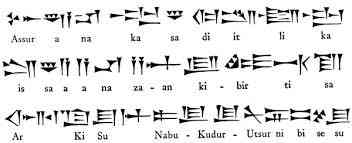
But before you mourn the future of language, keep this in mind: Change is a sign that a language is still alive. Still used and still taught Still wanted. Change is not necessarily the death of a language But it might be the reason it still lives.
Thanks! Follow us on HIVE!

